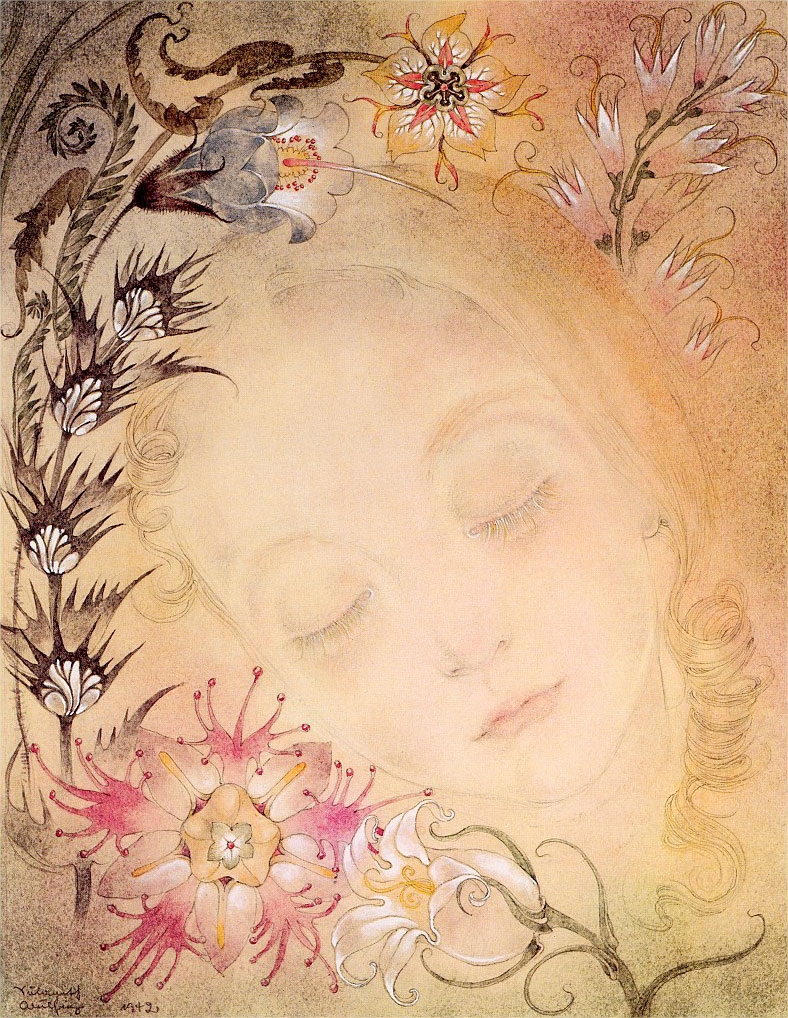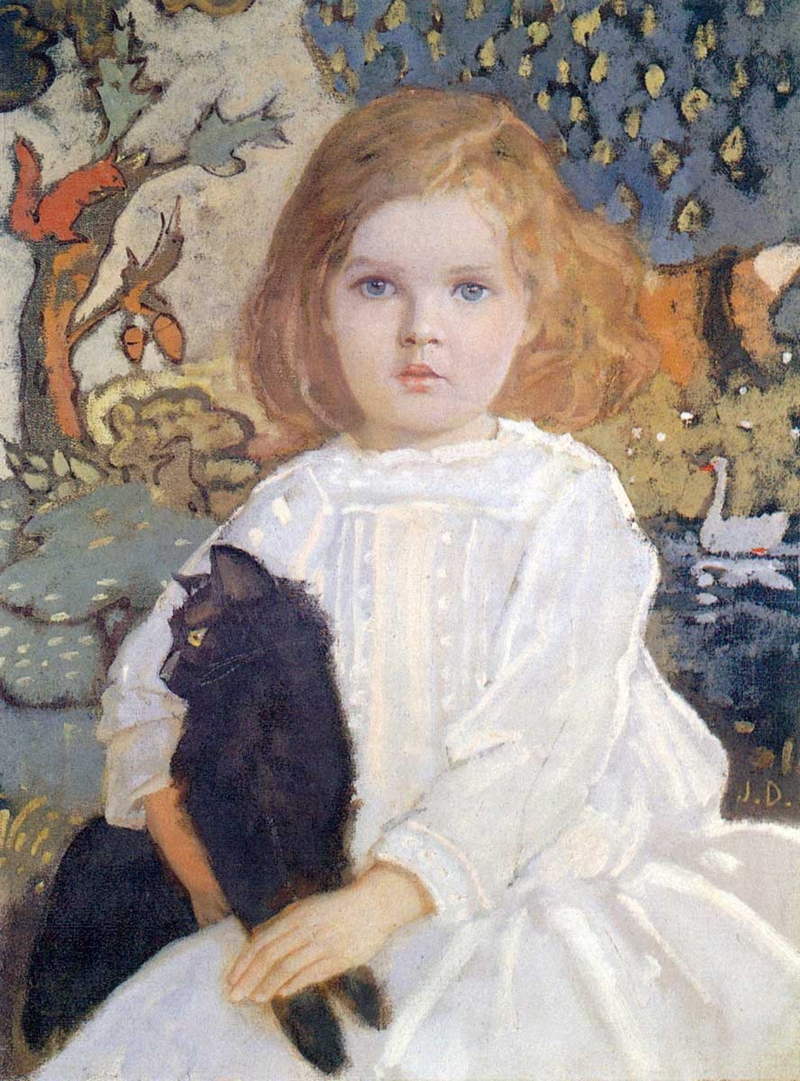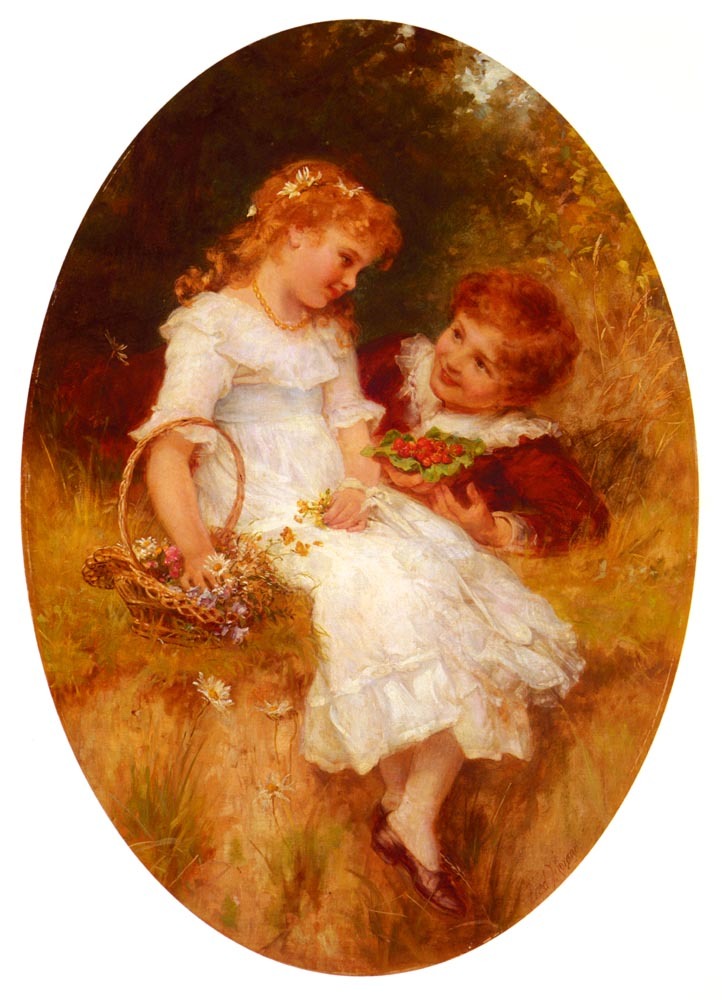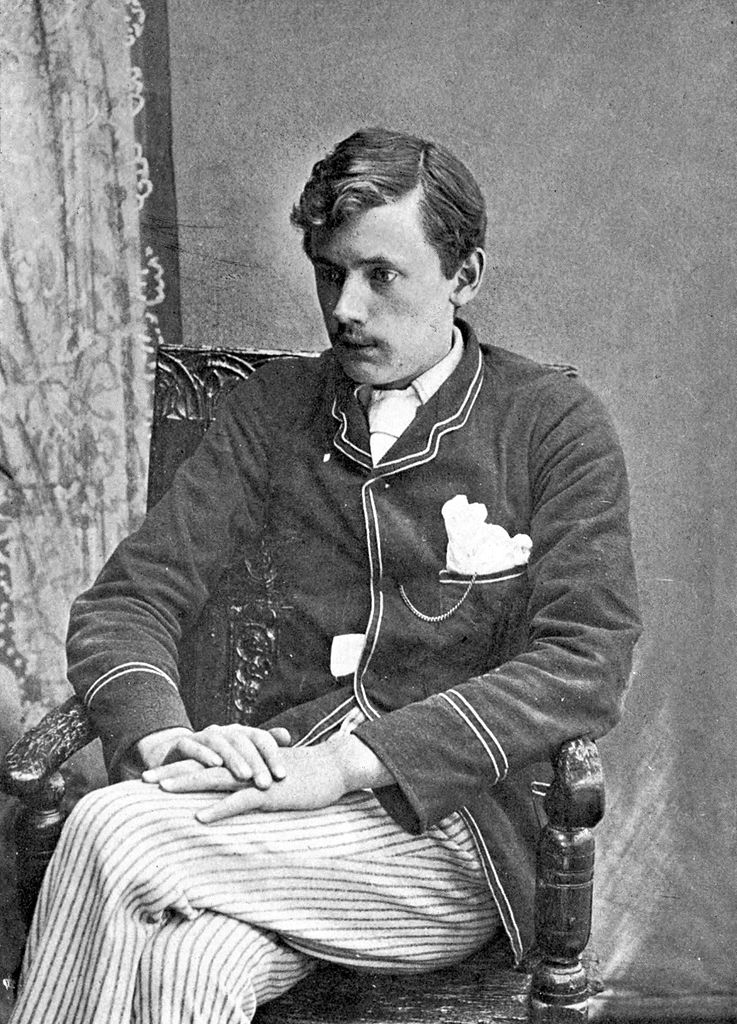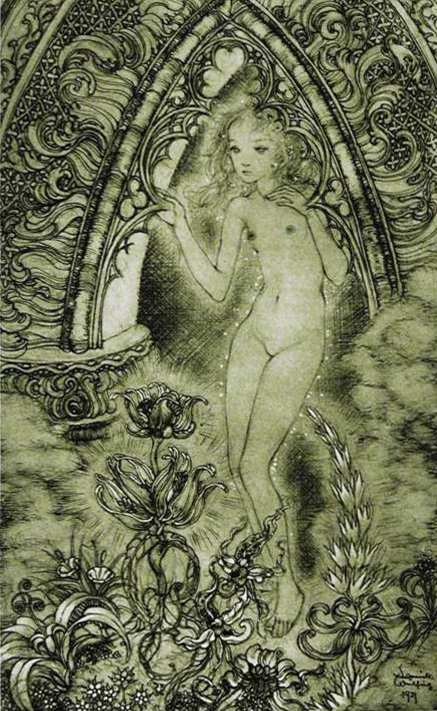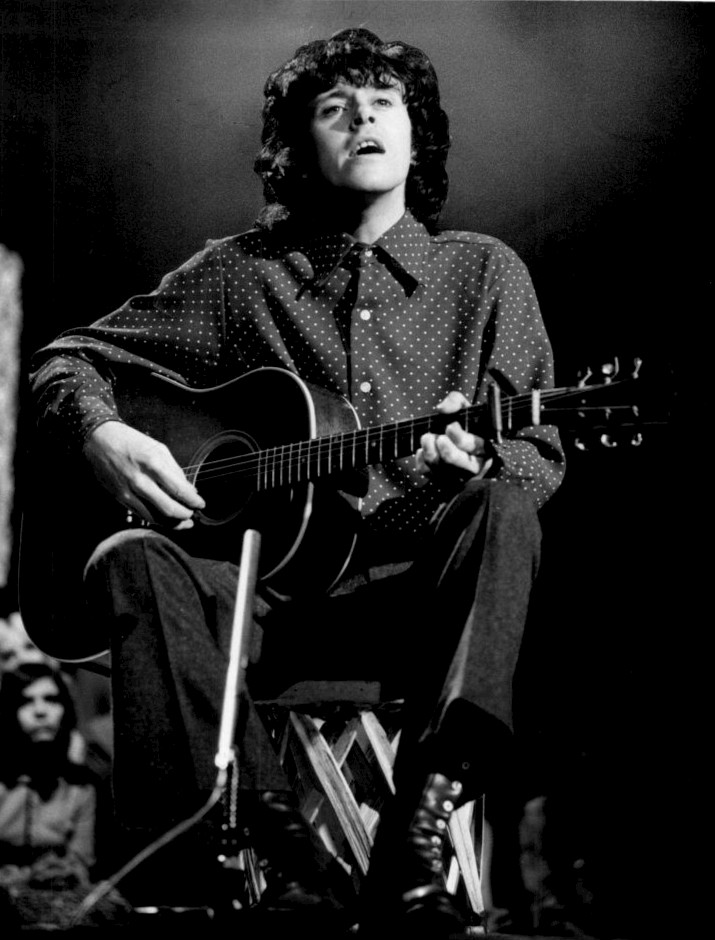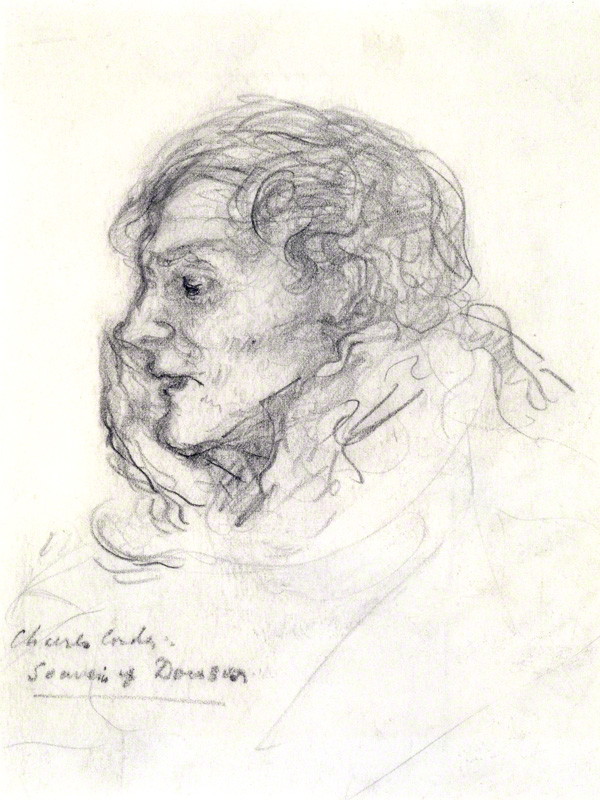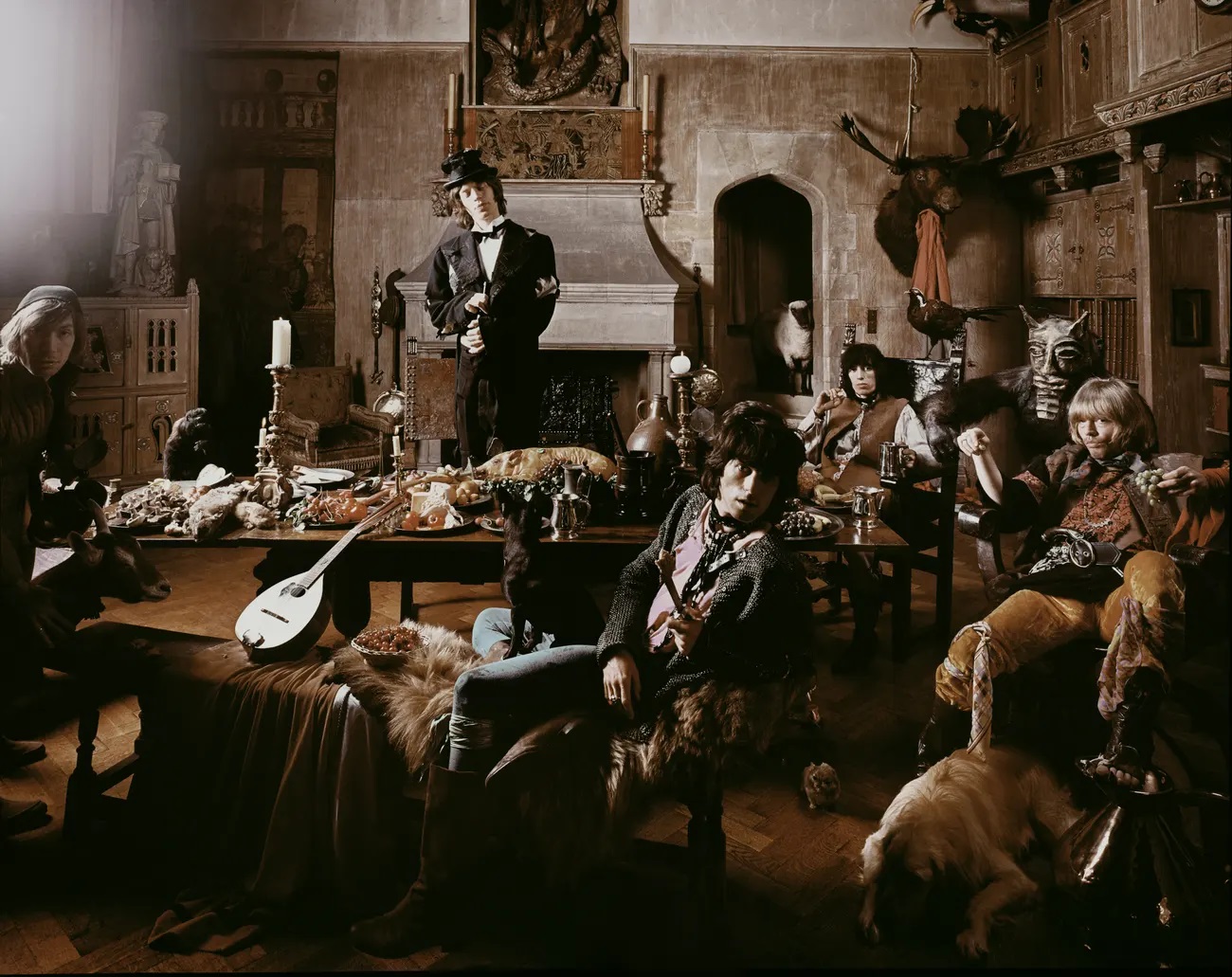
The Rolling Stones released the studio album Beggars Banquet in December 1968. The eight song in it (the third track on side two), “Stray Cat Blues,” was written by Mick Jagger and Keith Richards. In it, the singer lusts for sex with a groupie aged 15 years, which illegal in both the UK and the USA. He describes the young girl as a ‘stray cat’ who isn’t shy about performing sexual acts. CONTINUE READING / CONTINUER LA LECTURE…


